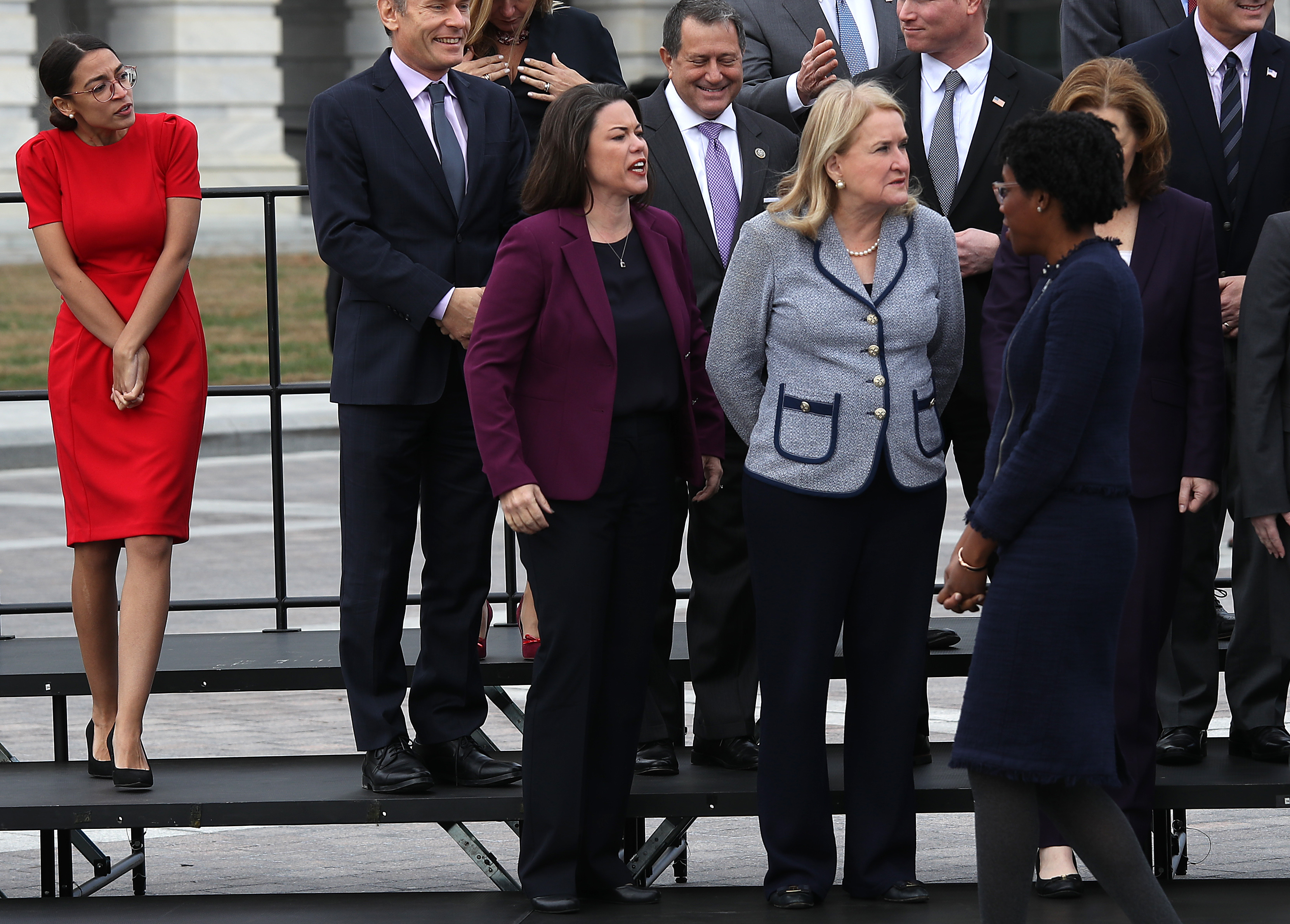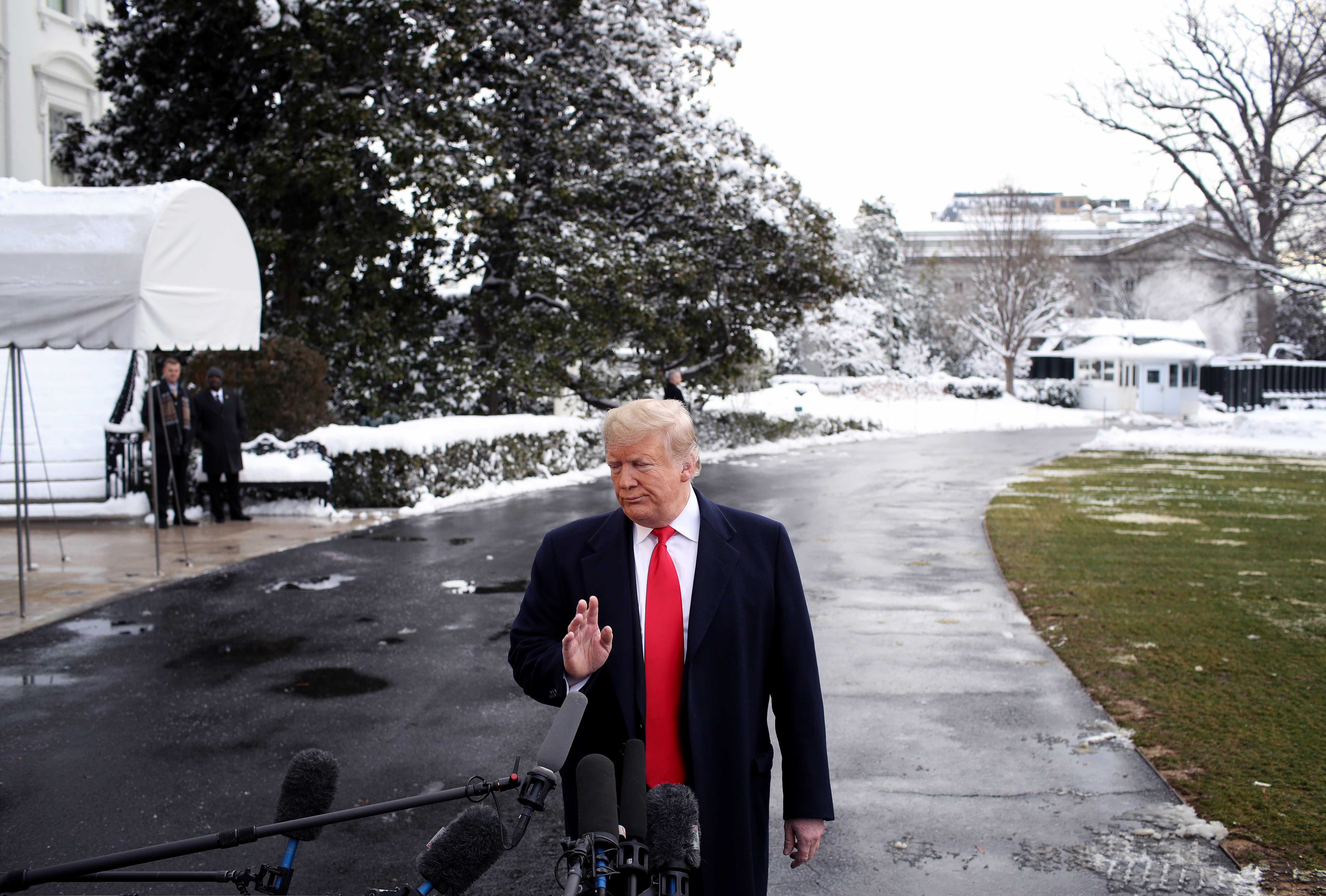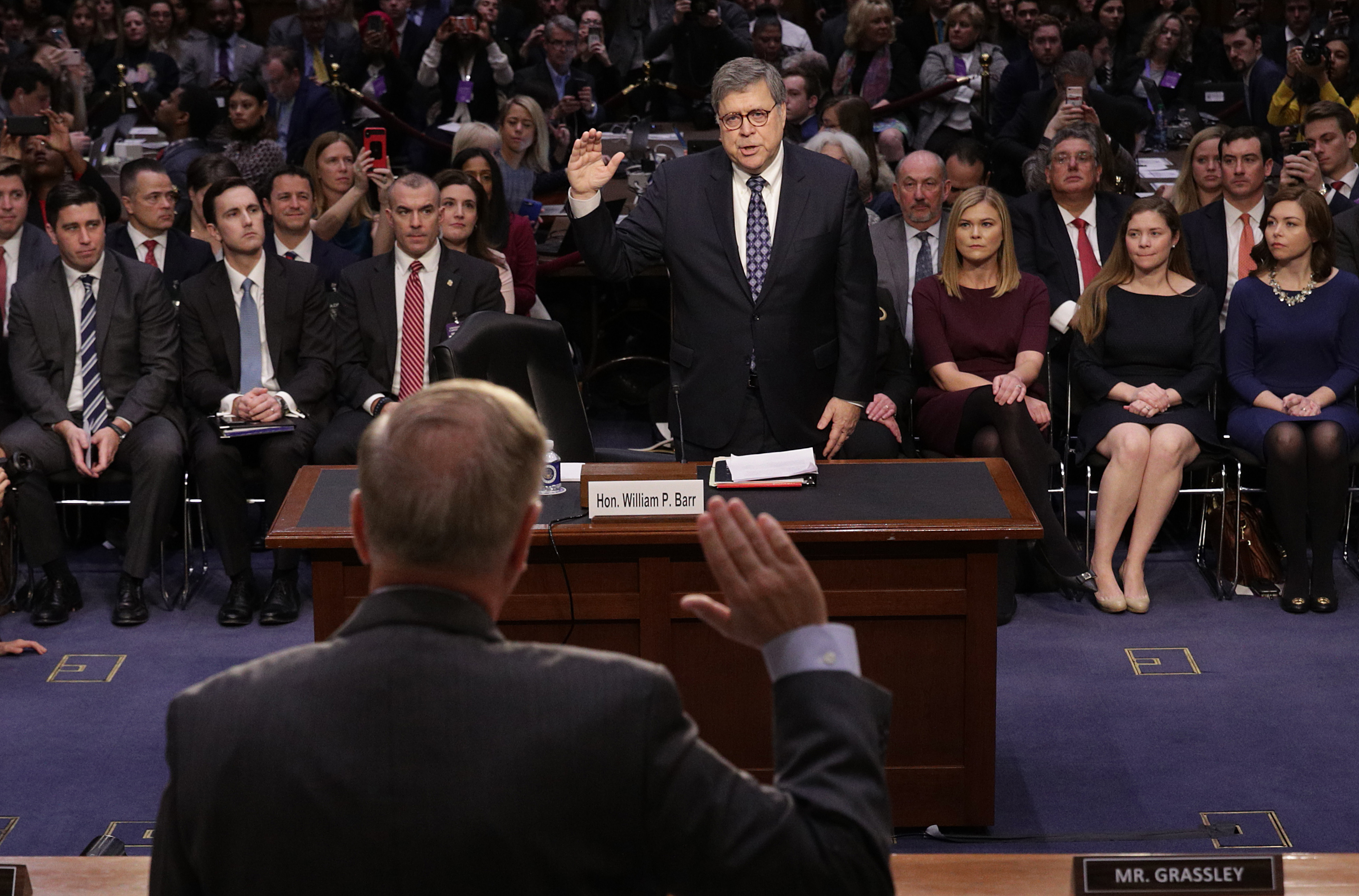- Republican strategist Bruce Mehlman argued in his quarterly update on political trends in the United States that the future is “permissionless.”
- It’s a term inspired by Adam Thierer’s “Permissionless Innovation,” which postures the future of innovation and technology, asking if innovators will be left free from the hands of public officials to freely experiment.
- Mehlman argues that politics has always come in cycles, but the country is currently in a more populist cycle, and the country must engage such drivers of change.
Strategist Bruce Mehlman argued in his quarterly update Tuesday on political trends that efforts to rein in traditional ways of politics, entertainment and finance defined 2018 and, in turn, may shape 2019.
Mehlman used the frame “permissionless,” which was inspired by Adam Thierer’s “Permissionless Innovation,” which to him means that politics has become “unrestricted by traditional middlemen or gatekeepers, or without the blessing of established institutions.”
Mehlman argued that permissionlessness “may be the ultimate form of capitalism, the free-est of free markets. But as with capitalism itself, there are mounting calls for new guardrails, gatekeepers or even systemic reform.”
A permissionless planet
The permissionless planet has changed the political landscape in the United States. Certain political nuances that used to matter in traditional politics seemingly had less of an effect in recent years, and Mehlman argued these aspects may be heightened in 2019.
Politics has always been cyclical in nature, Mehlman told The Daily Caller News Foundation via email, but “we are in a more populist cycle right now where authentic outsiders are beating experienced insiders and direct-to-voter is overcoming curated-by-Parties-or-media.”
Money spent on digital ads are on the rise, and so are the number of differing political opinions Americans hold.
“Everyone has a voice but fewer shared truths,” Mehlman wrote, suggesting that people get their news from Fox News’ Tucker Carlson or MSNBC’s Rachel Maddow. Mehlman mentioned former Democratic Rep. Beto O’Rourke of Texas getting his teeth cleaned on social media and Democratic Rep. Alexandria Ocasio-Cortez of New York cooking in her kitchen.
Americans in the 1960s watched the news and read the papers. In the ’90s, the country saw its way of getting news multiply with the emergence of the Drudge Report, political blogs, more magazines and more TV stations.
Mehlman acknowledged that what Ocasio-Cortez and other younger members in Congress are doing on social media is helping garner an army of followers, who could potentially later be supporters.

Representative-elect Alexandria Ocasio-Cortez joins with other newly elected members of the House of Representatives for an official class photo of new House members at the U.S. Capitol on Nov. 14, 2018 in Washington, D.C. (Photo by Win McNamee/Getty Images)
Ocasio-Cortez, 29, is in her first term in public office, and has already racked up about 2,416,846 followers on Twitter, 483,155 followers on Facebook and 1,822,880 followers on Instagram. This is substantially more than her Democratic colleagues, who have served 16, 17 or even 20 terms.
House Majority Leader Steny Hoyer, 79, has held office for 20 terms and has about 109,599 followers on Twitter, 103,141 followers on Facebook and 4,444 followers on Instagram.
Mehlman argued these little differences are making their mark. Articles and interviews titled “Alexandria Ocasio-Cortez: The Rookie Congresswoman Challenging The Democratic Establishment,” and “Ocasio-Cortez Pushes Democrats To The Left, Whether They Like It Or Not” and others beg the question: Is this days-old congresswoman already driving the Democratic Party and its agenda?
The presidency also faced some untraditional changes with the election of President Donald Trump, as Mehlman pointed out.
“The old rules no longer apply,” he wrote. He pointed out that, although he won, Trump received significantly less endorsements than his Republican colleagues in the primaries as well as his opponent, former Secretary of State Hillary Clinton. Trump also won using less campaign money.

President Donald Trump answers questions from the press as he departs the White House on Jan. 14, 2019 in Washington, D.C. (Photo by Win McNamee/Getty Images)
For example, Trump received 23 primary endorsements from sitting and former senators, representatives, governors and statewide officeholders, compared to competitor and former Florida Gov. Jeb Bush, who received 87 endorsements.
Trump received 25 magazine and newspaper endorsements to Clinton’s 500.
What else have we lost?
The year 2018 saw 63 detected state-sponsored cyber operation incidents, according to the Cyber Operations Tracker, the most in at least 13 years and significantly up from 45 in 2017 and 32 in 2016.
“Cyber intrusions are a new domain of warfare that don’t require the traditional massive investments in hardware and seemingly don’t require formal declarations of war,” the strategist told TheDCNF. “They are growing in number, impact and risk.”
Mehlman cited a Pew Research Center report that revealed China, Russia and Germany are increasingly being seen as more important on the world stage. The U.S. ranked fourth.
“When the world’s policeman goes off the beat, others come on duty,” Mehlman noted in his update.
The Pew survey also claims 25 percent of respondents view the U.S. as less important than it used to be over the past 10 years.
The report also declared that Western Europeans especially, for example, have a strikingly negative view of Trump.
How we got here and why
Mehlman used a Gallup poll to show how Americans have lost trust in nearly every institution from Congress, the Supreme Court, the presidency, banks and organized labor to public schools, the media and churches and religious organizations. Institutional failures paired with radical transparency have caused an eroded public trust, Mehlman argued.
Whether it’s “Harvey Weinstein’s Hollywood, a Congress that cannot compromise or the Catholic Church that cannot protect children, institutions have lost public trust because they’ve proven themselves to be untrustworthy,” Mehlman told TheDCNF.
“These institutions were exposed by an Internet-enabled radical transparency and social media’s power to connect victims and advocates with an outraged public,” he added.

U.S. Attorney general nominee William Barr (C) is sworn by Senate Judiciary Committee Chairman Lindsey Graham (standing) prior to Barr testifying at his confirmation hearing on Jan. 15, 2019 in Washington, D.C. (Photo by Alex Wong/Getty Images)
Potential deals to be made in the new year, Mehlman predicts, could be in regard to tax reform, infrastructure, data privacy and higher education. But potential areas of hindering oversight may include Trump’s tax returns, Russia and the 2016 election, Trump’s family businesses and family separation and other border concerns.
Mehlman also questions if Senate Democrats can work with Trump given a number of senators not seen since 1968, seven so far, have floated running for his seat in the White House in 2020.
“To win the nomination in an increasingly-progressive party, these candidates will need to out-liberal each other by demonstrating the greatest defiance of Donald Trump,” Mehlman told TheDCNF.
Mehlman pointed to multiple Gallup, NBC and Wall Street Journal polls that reveal Trump’s popularity among his own party; he holds the second best party approval at the start of the third year of the presidency with an 88 percent approval rating. (RELATED: Trump Cheers Lowest Unemployment Rate For Veterans In 18 Years)
Further, Mehlman argued people should not “confuse the signal with the noise.” He pointed out that, despite Trump’s tweets or media reports, under his presidency, Congress has enacted more laws, 429, in the first two years than former President Barack Obama, 385, and former President George W. Bush, 383.
“Engage new drives of change,” Mehlman concluded.
Mehlman is a partner at lobbying firm Mehlman Castagnetti and was assistant secretary of commerce for technology policy under Bush.
Email tips to hanna@dailycallernewsfoundation.org
All content created by the Daily Caller News Foundation, an independent and nonpartisan newswire service, is available without charge to any legitimate news publisher that can provide a large audience. All republished articles must include our logo, our reporter’s byline and their DCNF affiliation. For any questions about our guidelines or partnering with us, please contact licensing@dailycallernewsfoundation.org.


